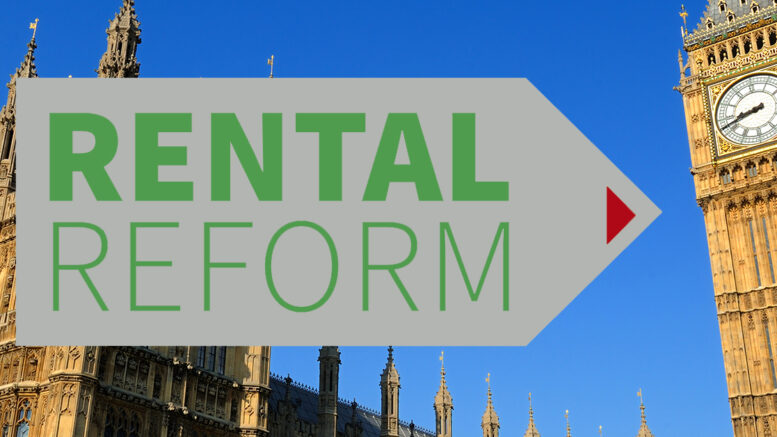Landlords in England have welcomed a key amendment to the Renters’ Rights Bill, as the House of Lords voted to halve the re-letting ban from 12 months to six for cases where a property sale falls through. The narrow 213 to 209 vote - decided by just four peers - marked a rare and much-needed policy win for landlords battling mounting restrictions and financial pressure.
The rule originally barred landlords from re-letting their property for a full year if they evicted a tenant to sell and the sale later collapsed. But Lord Cromwell, who led the amendment, argued the 12-month ban was “an unjustifiably penal provision” that punished landlords without cause and harmed tenants by reducing available rental stock.
“Amendment 58 seeks to reduce that period to six months, which would mitigate what is an unjustifiably penal provision of the bill, which damages both landlords and prospective tenants,” Lord Cromwell told the chamber.
Lords reject claim landlords fake sales to hike rents
Lord Cromwell criticised claims that landlords routinely abuse the sales ground to sidestep tenant protections and push up rents. Responding to concerns that unscrupulous landlords might falsely claim they intended to sell in order to re-let at a higher rate, he pointed out that: “If the landlord has a valid claim to increase the rent, the bill already provides for that.”
He added that it would be “dramatic and expensive” to evict a tenant, leave a property empty, and gamble on re-letting it at an inflated rent. Instead, he noted that most landlords would “simply seek a normal rent increase” via proper channels.
The financial case against the 12-month restriction was also damning. Lord Cromwell warned that to recoup losses from a forced year-long vacancy, landlords would need to raise rents by 200–300% - a scenario he described as completely unrealistic. “Such a huge rent hike would be impossible. The rent asked would be completely uncompetitive,” he said.
Propertymark hails win for landlords and rental supply
Lettings industry body Propertymark supported the amendment, calling it a vital correction to an ill-conceived policy that risked shrinking the rental market even further. It explained that while landlords must still prove their intention to sell was genuine - with evidence of fair marketing and no refusal of suitable offers - the shorter ban would help keep rental homes available.
“This reduction will help landlords avoid long void periods, prevent unnecessary financial penalties, and keep more properties available to rent,” a spokesperson said.
The Government had previously backed the 12-month limit. Baroness Taylor of Stevenage, the housing minister in the Lords, urged Cromwell to withdraw the amendment. But the close vote saw peers side with landlords - a rare departure from the recent political direction of the Renters’ Rights Bill.
Meanwhile, tenant group the Renters’ Reform Coalition attacked the Lords’ decision, arguing on X (formerly Twitter): “Many landlords will be able to bear a six-month empty period, nearly half own their property outright so have no costs. The government must take this change out.”
However, the coalition failed to acknowledge that many landlords do not own outright, and most are far from wealthy. The English Housing Survey reveals that 41% of landlords earn less than £20,000 a year, and the median gross income before expenses is just £25,000 - figures that stand in stark contrast to the caricature of the cash-rich property owner.
Cutting red tape protects rental supply
This amendment is more than a technical tweak - it’s a vital safeguard for landlords who already face rising costs, regulatory burden, and chronic uncertainty. For those with mortgages, council tax on empty homes, and repair bills ticking away, the prospect of being forced to keep a property vacant for 12 months was simply untenable.
In a housing system stretched by lack of supply, penalising landlords for failed sales would only drive more investors to sell up or leave the sector altogether. Six months is still a significant stand-down period - but it’s a fairer balance between accountability and practicality.
As the Renters’ Rights Bill continues its journey through Parliament, one thing is clear: without landlord confidence, there’s no private rented sector. And without a healthy rental market, tenants lose out too.








